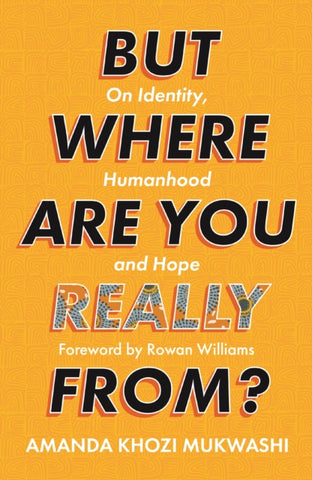
Binding: Hardback,
Date of Publication: 14/05/2024,
Pagination: 248 pages, 11 b-w illus.,
Series: Jewish Lives,
Imprint: Yale University Press,
Published By: YALE UNIVERSITY PRESS ,
Book Classification: BCE to c 500 CE
Dimensions: 157 x 219 x 26mm
Weight: 464g
ISBN13\EAN\SKU: 9780300228410
A vivid account of the political triumphs and domestic tragedies of the Jewish king Herod the Great during the turmoil of the Roman revolution “Herod the Great is typical of Yale’s Jewish Lives series: short, clear, deeply knowledgeable, deeply illuminating.”—Dominic Green, Wall Street Journal “Entertaining, outrageous and lurid as well as scholarly, authoritative and relevant.”—Simon Sebag Montefiore, The Times (UK) Herod the Great (73–4 BCE) was a phenomenally energetic ruler who took advantage of the chaos of the Roman revolution to establish himself as a major figure in a changing Roman world and transform the landscape of Judaea. Both Jews and Christians developed myths about his cruelty and rashness: in Christian tradition he was cast as the tyrant who ordered the Massacre of the Innocents; in the Talmud, despite fond memories of his glorious Temple in Jerusalem, he was recalled as a persecutor of rabbis.
The life of Herod is better documented than that of any other Jew from antiquity, and Martin Goodman examines the extensive literary and archaeological evidence to provide a vivid portrait of Herod in his sociopolitical context: his Idumaean origins, his installation by Rome as king of Judaea and cultivation of leading Romans, his massive architectural projects, and his presentation of himself as a Jew, most strikingly through the rebuilding of the Jerusalem Temple. Goodman argues that later stories depicting Herod as a monster derived from public interest in his execution of three of his sons after dramatic public trials foisted on him by a dynastic policy imposed by the Roman emperor.




